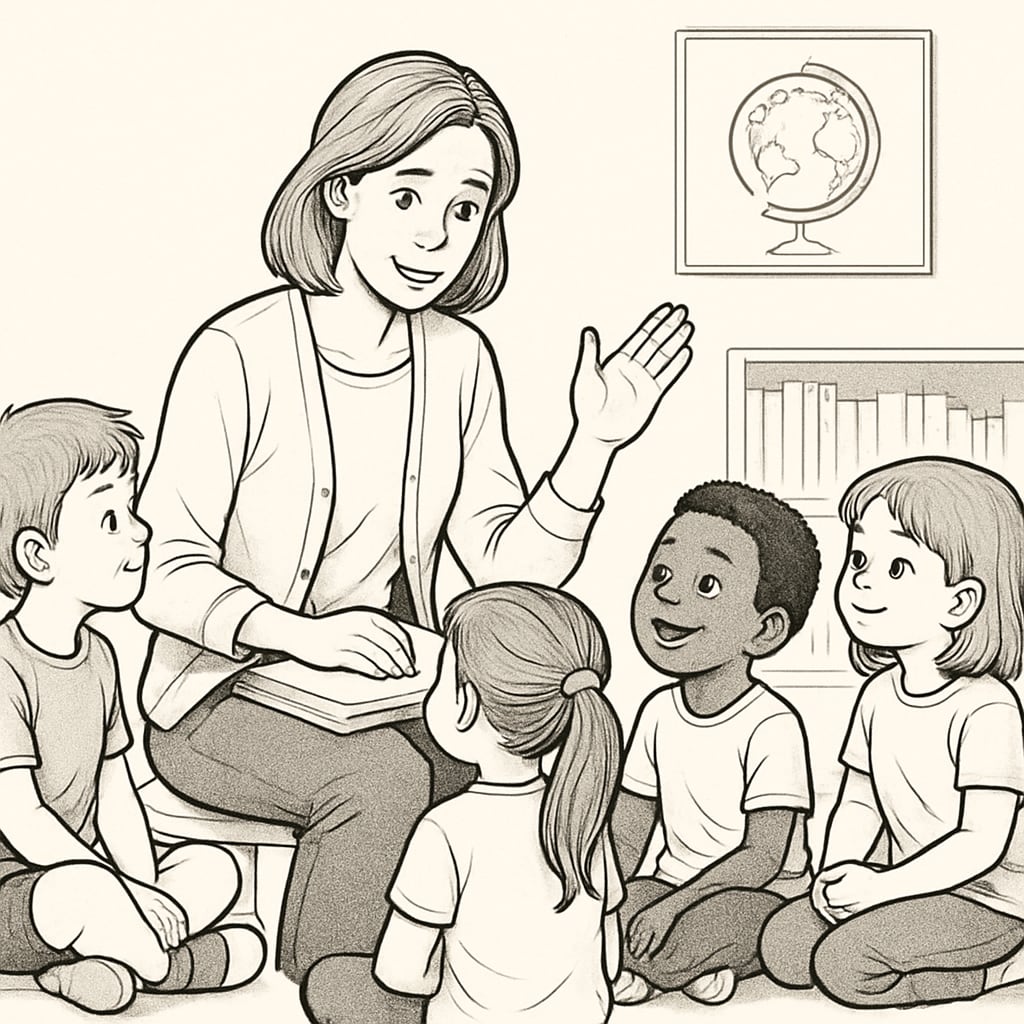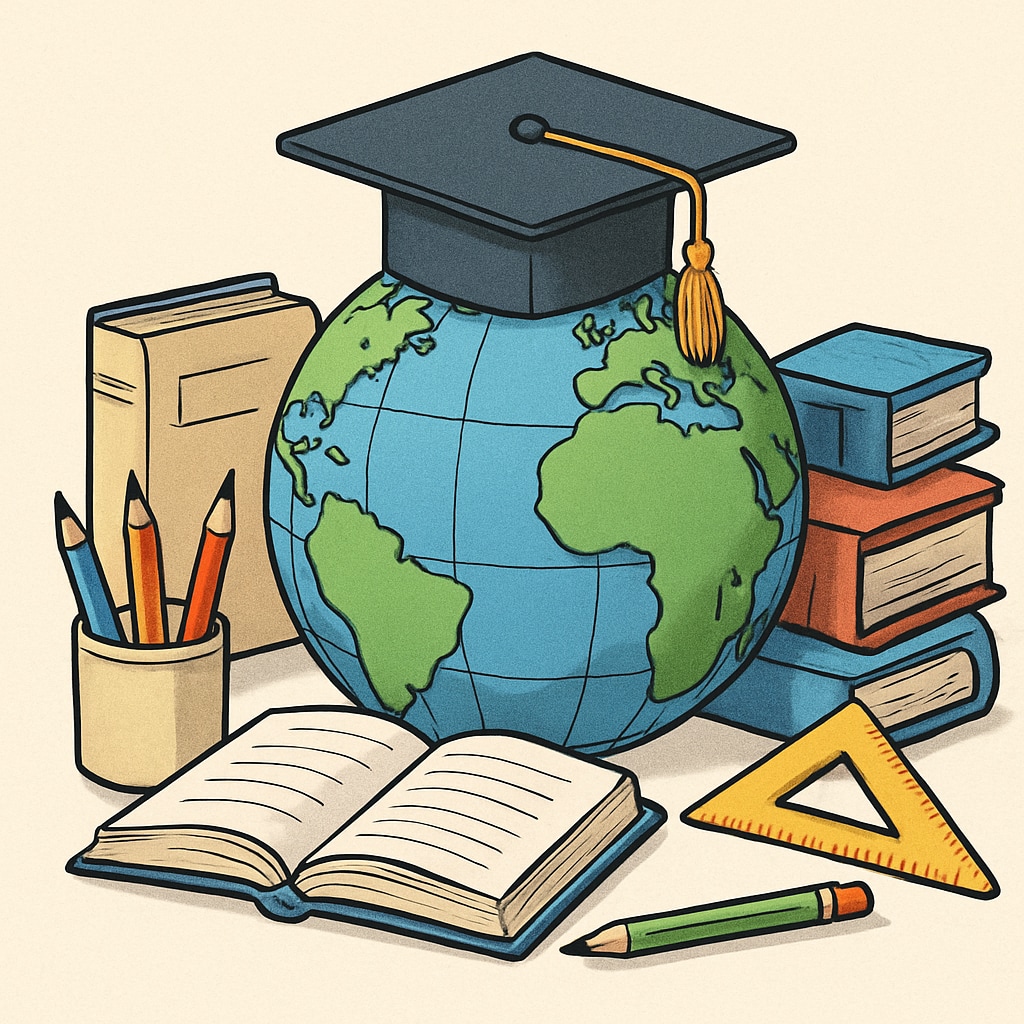In the realm of children’s education, few content creators have gained as much influence as Ms. Rachel. Known for her engaging and developmentally appropriate videos, she has become a household name for parents seeking enriching content for their young children. However, this rise to prominence raises an important question: to what extent should children’s educators like Ms. Rachel address humanitarian issues, particularly sensitive ones like the ongoing crises in the Middle East? Balancing educational professionalism with a responsibility to the wider world is no small task, and this article seeks to explore these boundaries.
Understanding the Role of Children’s Educators
At its core, children’s education focuses on nurturing curiosity, teaching foundational skills, and fostering emotional growth. Ms. Rachel, with her careful attention to speech development and social-emotional learning, fits this mold perfectly. However, her massive platform also places her in a unique position. Many parents view her not just as an educator but also as a role model, which adds a layer of complexity to her public presence.
While it is important for educators to maintain their focus on their primary audience—young children—questions arise when external global issues dominate public discourse. For example, should Ms. Rachel or similar creators use their platforms to voice opinions on humanitarian crises such as those in the Middle East? Doing so might align with their personal values, but it could also polarize their audience, detracting from their primary mission of educating children.

The Humanitarian Dilemma for Influential Educators
Humanitarian issues often spark intense debates, and the Middle East is no exception. The region’s ongoing conflicts evoke strong emotions and differing opinions globally. For educators like Ms. Rachel, speaking up about such topics can be seen as an act of moral courage. However, it also risks alienating parts of the audience who might hold opposing views or believe that children’s platforms should remain apolitical.
In addition, there is the question of expertise. While educators excel in their fields, they may not possess the depth of knowledge required to comment on complex geopolitical situations. Doing so without adequate understanding could lead to misrepresentation or unintended consequences, further complicating their role.
For these reasons, many educators choose to focus solely on their domain of expertise. However, others argue that remaining silent on humanitarian crises can be interpreted as complicity. This tension between professional focus and broader societal responsibility is one that Ms. Rachel and her peers must navigate carefully.

Striking the Right Balance
So, how can educators like Ms. Rachel balance their professional focus with societal expectations? The answer lies in finding a middle ground. First, they can use their platforms to promote universal values such as kindness, empathy, and mutual respect without delving into specific political or humanitarian issues. These values are not only age-appropriate for their audience but also lay the foundation for broader social awareness as children grow.
Second, educators can support humanitarian causes in their personal capacities, separate from their professional personas. For example, they could donate to charities, participate in humanitarian campaigns, or use private social media accounts to express their views. This approach allows them to contribute to important causes without conflating their personal beliefs with their educational content.
Finally, transparency is key. If Ms. Rachel or similar educators choose to address humanitarian issues, it is essential to communicate their intentions clearly. Acknowledging the complexity of these topics and emphasizing their commitment to education can help maintain trust with their audiences.
Conclusion: The Responsibility of Educators in a Complex World
In conclusion, the question of whether educators like Ms. Rachel should engage with humanitarian issues such as those in the Middle East is a nuanced one. While their primary responsibility is to their young audiences, their influence also carries potential for broader societal impact. By focusing on universal values, separating personal advocacy from professional content, and being transparent about their intentions, educators can navigate these challenges while staying true to their mission.
Ultimately, the choice of how to balance these roles rests with each individual educator. Regardless of the path chosen, the goal should always be to foster a world where education and compassion coexist harmoniously.
Further Reading
Readability guidance: This article uses short paragraphs, clear subheadings, and a mixture of examples and strategies to ensure accessibility. The balance between active and passive voice, as well as varied sentence lengths, enhances engagement.


